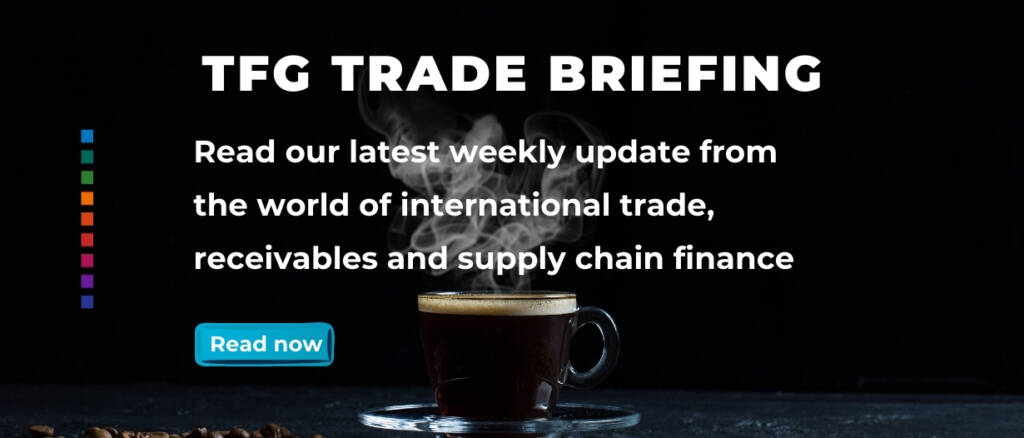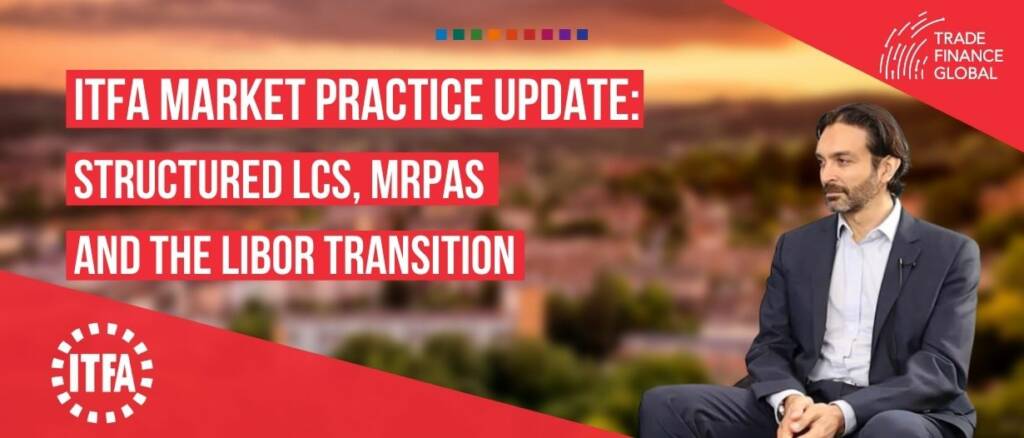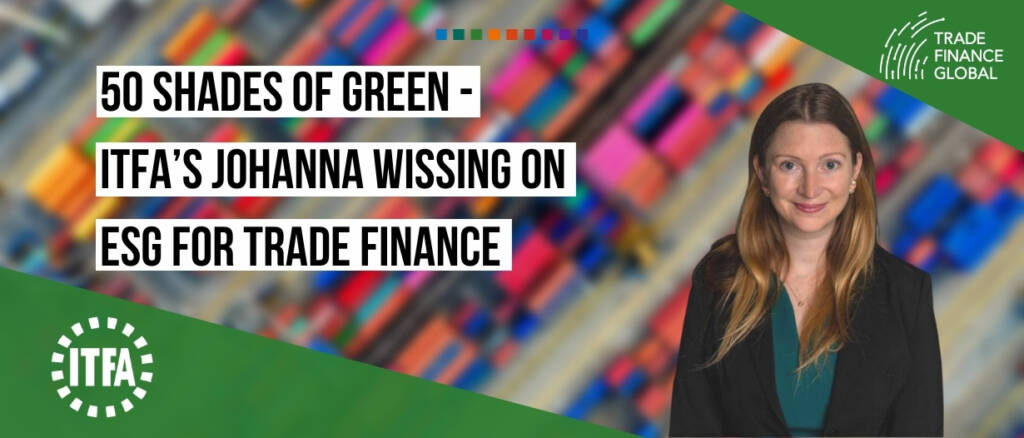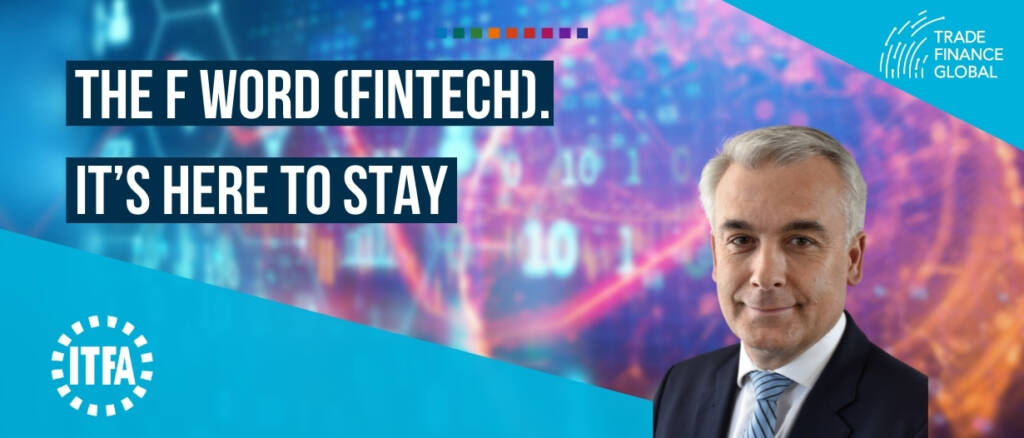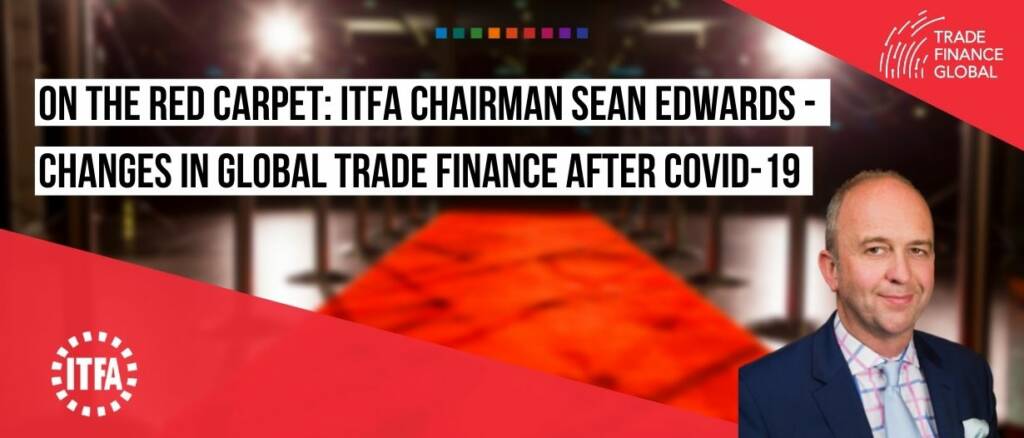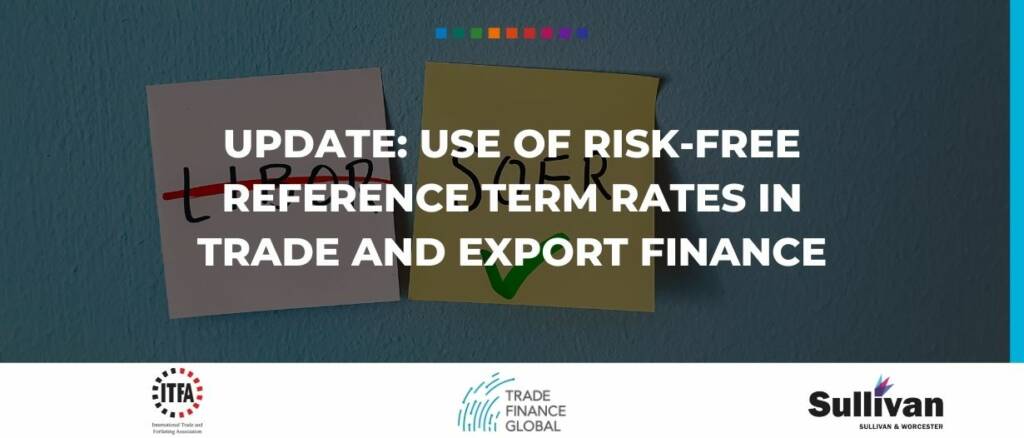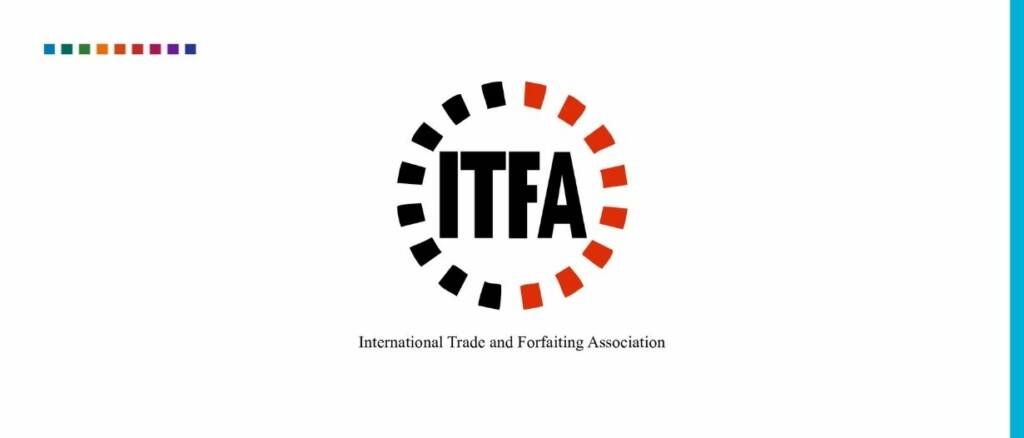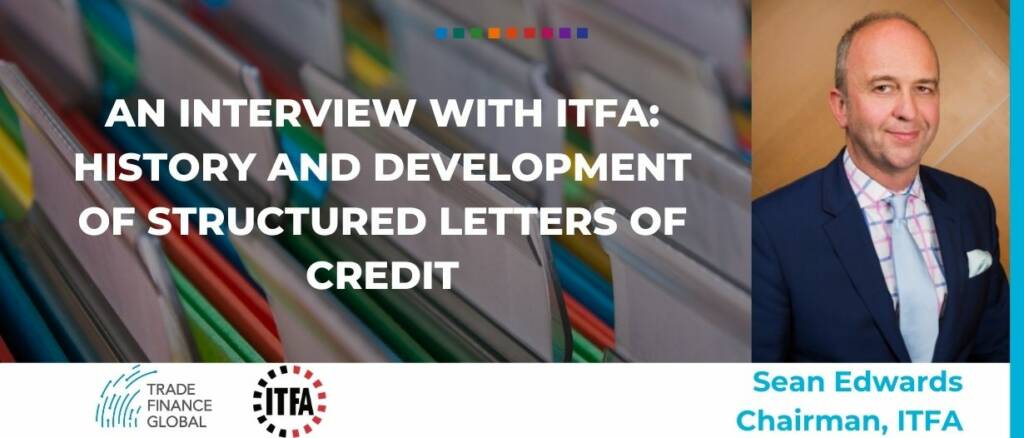Your morning coffee briefing from TFG. Boris Johnson warns there is ‘huge way to go’ at COP26. Rishi Sunak announces new UK budget. New podcast episode with Pole Star and CarbonChain on partnership. SMEs need $50tn investment to meet global net zero goals, says new HSBC, BCG report. And TFG hears from ITFA’s Paul Coles on Structured LCs, MRPAs and the LIBOR transition.
The world’s most important number is changing, and traders need to be aware of its implications.
Your Monday morning coffee briefing from TFG: The UK agrees to a historic trade deal with New Zealand – among the first of such deals in the post-Brexit era. A new ICC report estimates that full digitalisation could add $9 trillion to G7 trade by 2026. The UK Financial Conduct Authority (FCA) offers more details on its synthetic LIBOR plans. Macquarie strengthens its position as a global shipping lender, with a total market value of over $3 billion. And we hear from ITFA’s Andre Casterman and Johanna Wissing on fintech and ESG for trade finance respectively.
While some in trade finance struggle with green fatigue, ITFA’s Johanna Wissing isn’t one of them.
Banks and fintechs have not always been the closest playmates, but ITFA’s Andre Casterman is on a mission to help them work together.
Last week, at the ITFA Annual Conference, TFG’s editor, Deepesh Patel, sat down with Sean Edwards, chairman of ITFA.
After three years of effort and numerous negotiations with insurers, banks, law firms, and brokage firms, ITFA has released a Basel III policy form that elevates policy wordings and enhances… read more →
The guidance note looks at Term SOFR (SOFR is the Secured Overnight Financing Rate), the ARRC recommended RFR term rate
The International Trade and Forfaiting Association, ITFA, is the worldwide trade association for companies, financial institutions and intermediaries engaged in global trade, forfaiting, supply chain and receivables financing. Founded in… read more →
TFG’s Deepesh Patel spoke to ITFA’s Chairman, Sean Edwards, about the ITFA Structured Letters of Credit Working Group, and the emergence of Structured Letters of Credit as a variant of Traditional LCs.















